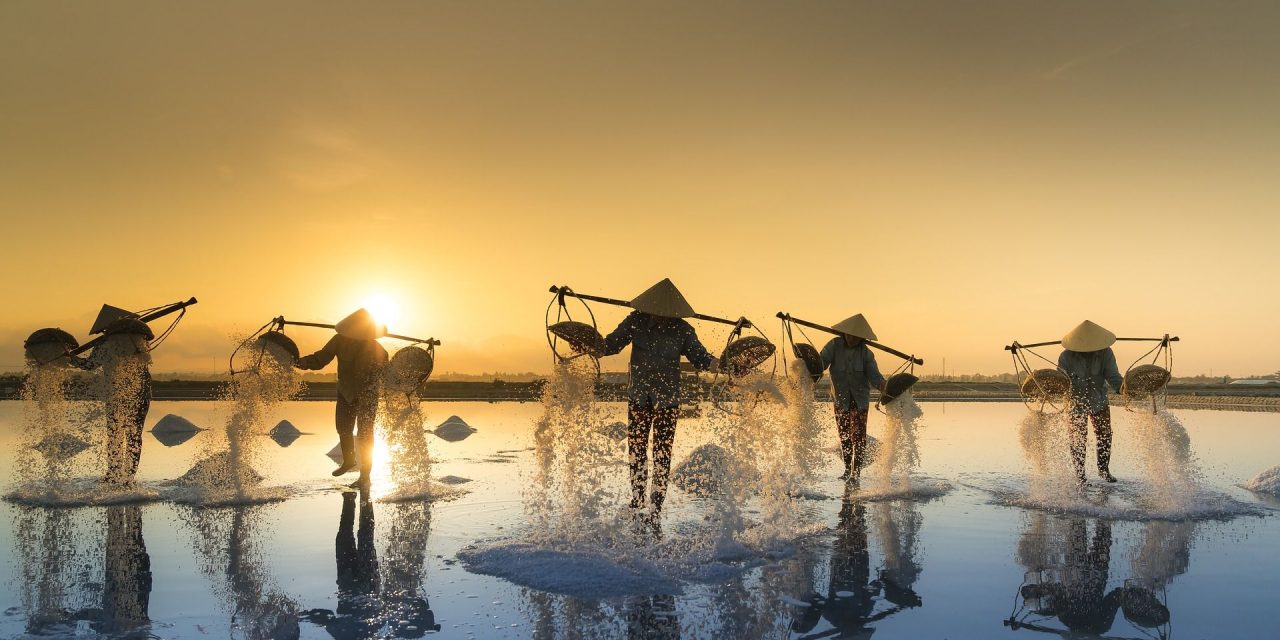Sustainability through cooking!
Ceterum censeo mutationem climae esse vincendem.
(Incidentally, I think that global warming must be defeated)
Prof. (FH) Mag. Mag. Dr. Harald A. Friedl
Assoc. Professor for Sustainability and Ethics in Tourism
Institute for Health and Tourism Management
FH JOANNEUM - University of Applied Sciences
Kaiser-Franz-Josef-Straße 24
8344 Bad Gleichenberg, Austria
Phone office +43-316/5453-6725
Phone mobil: +43-699/191.44.250
eMail: harald.friedl@fh-joanneum.at
Web: www.fh-joanneum.at/GMT
Adis Krdzalic
FH Joanneum
Institut für Bank und Versicherungswirtschaft
Ceterum censeo mutationem climae esse vincendem.
(Incidentally, I think that global warming must be defeated)
Prof. (FH) Mag. Mag. Dr. Harald A. Friedl
Assoc. Professor for Sustainability and Ethics in Tourism
Institute for Health and Tourism Management
FH JOANNEUM - University of Applied Sciences
Kaiser-Franz-Josef-Straße 24
8344 Bad Gleichenberg, Austria
Phone office +43-316/5453-6725
Phone mobil: +43-699/191.44.250
eMail: harald.friedl@fh-joanneum.at
Web: www.fh-joanneum.at/GMT
Leena Grönroos
Senior lecturer
Haaga-Helia University of Applied Sciences
leena.gronroos@haaga-helia.fi
www.haaga-helia.fi
Ceterum censeo mutationem climae esse vincendem.
(Incidentally, I think that global warming must be defeated)
Prof. (FH) Mag. Mag. Dr. Harald A. Friedl
Assoc. Professor for Sustainability and Ethics in Tourism
Institute for Health and Tourism Management
FH JOANNEUM - University of Applied Sciences
Kaiser-Franz-Josef-Straße 24
8344 Bad Gleichenberg, Austria
Phone office +43-316/5453-6725
Phone mobil: +43-699/191.44.250
eMail: harald.friedl@fh-joanneum.at
Web: www.fh-joanneum.at/GMT
Ceterum censeo mutationem climae esse vincendem.
(Incidentally, I think that global warming must be defeated)
Prof. (FH) Mag. Mag. Dr. Harald A. Friedl
Assoc. Professor for Sustainability and Ethics in Tourism
Institute for Health and Tourism Management
FH JOANNEUM - University of Applied Sciences
Kaiser-Franz-Josef-Straße 24
8344 Bad Gleichenberg, Austria
Phone office +43-316/5453-6725
Phone mobil: +43-699/191.44.250
eMail: harald.friedl@fh-joanneum.at
Web: www.fh-joanneum.at/GMT
Ceterum censeo mutationem climae esse vincendem.
(Incidentally, I think that global warming must be defeated)
Prof. (FH) Mag. Mag. Dr. Harald A. Friedl
Assoc. Professor for Sustainability and Ethics in Tourism
Institute for Health and Tourism Management
FH JOANNEUM - University of Applied Sciences
Kaiser-Franz-Josef-Straße 24
8344 Bad Gleichenberg, Austria
Phone office +43-316/5453-6725
Phone mobil: +43-699/191.44.250
eMail: harald.friedl@fh-joanneum.at
Web: www.fh-joanneum.at/GMT

